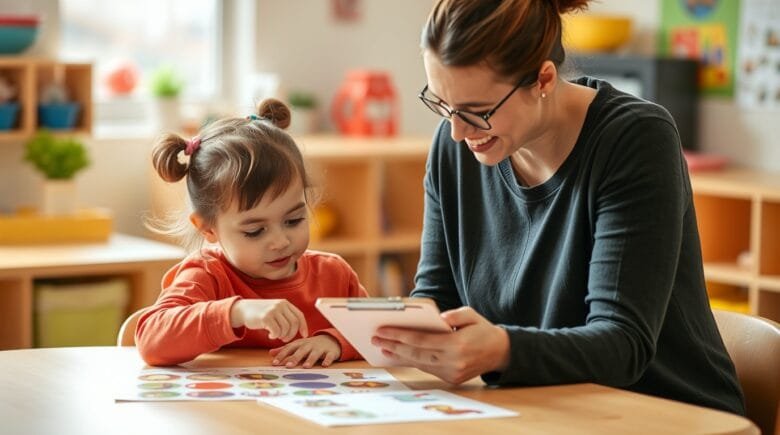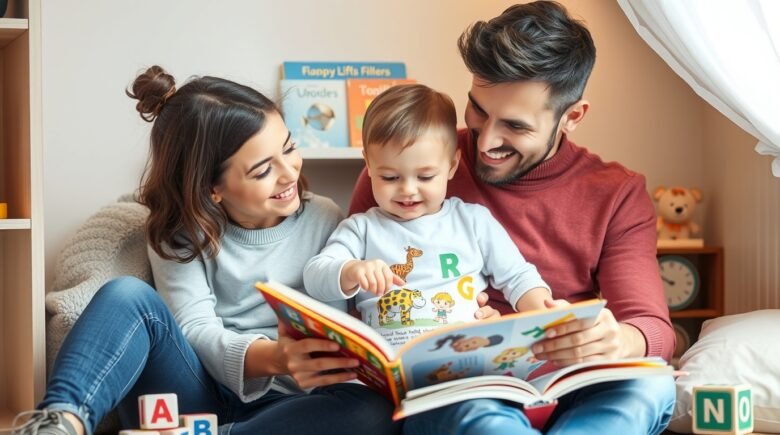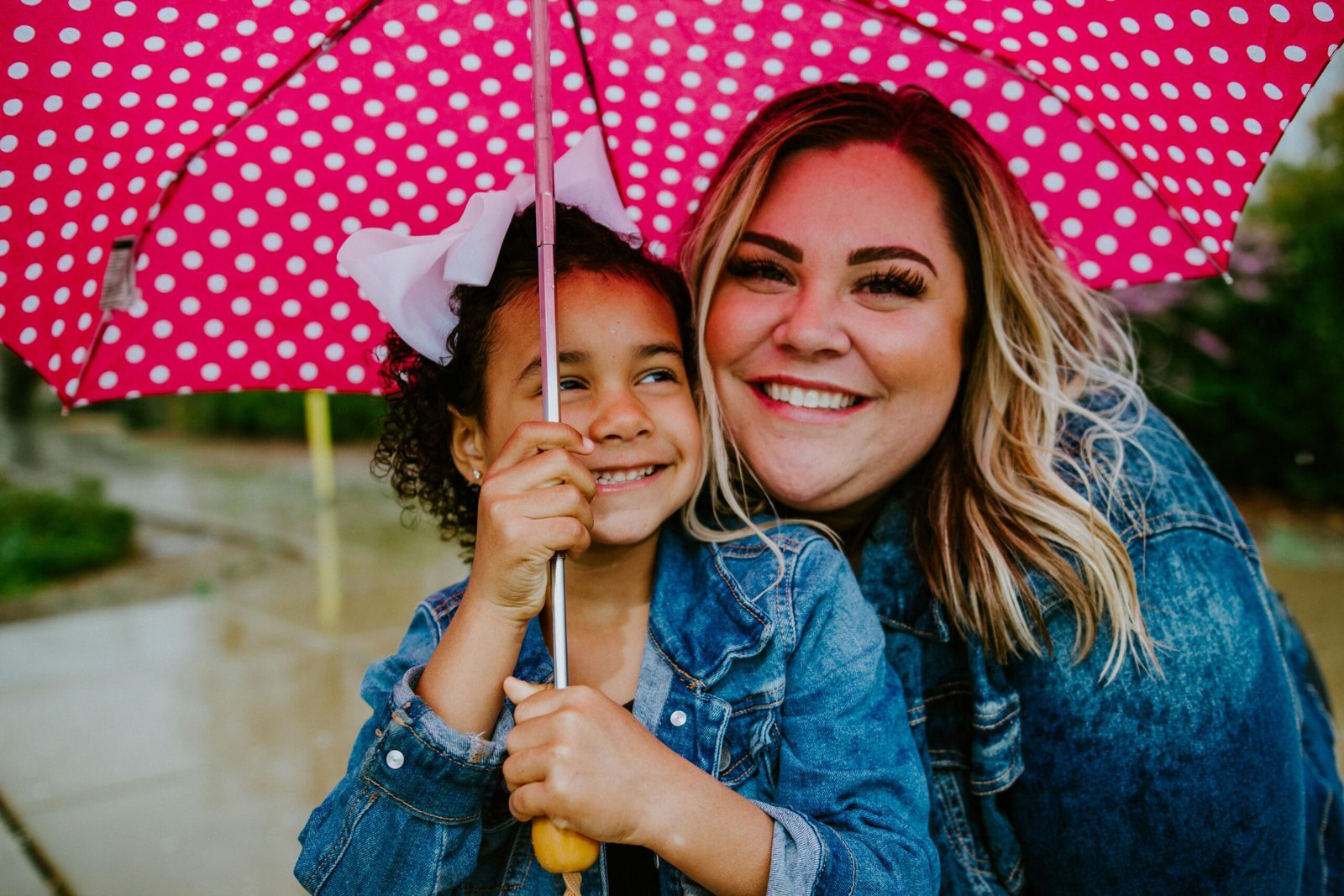Sending your little one off to preschool for the first time is a huge milestone. It’s exciting, a little nerve wracking, and comes with a lot of questions. Is my child ready? Do they know enough shapes and colors? Are they prepared to make new friends? That’s exactly where a preschool screening checklist becomes your …
Introduction to Potty Training Potty training is a fundamental milestone in a child’s development, signifying a step toward independence and self-sufficiency. Generally, many parents and caregivers start considering potty training when their child is between 18 and 30 months old, although it varies significantly from one child to another. The process requires patience, consistency, and …
Starting kindergarten is a big milestone for both kids and parents, bringing a mix of excitement and nerves. As a parent, you want to ensure your child feels confident, prepared, and ready to thrive in this new environment. That’s why having the right Tips for Kindergarten Parents can make all the difference. From establishing routines …
Keeping kids engaged in reading during the summer can be a challenge, but with the right Summer Reading Tips for Parents, you can make it a fun and rewarding experience. Encouraging a love for books helps prevent the “summer slide” and keeps their minds active while school is out. Whether it’s creating a cozy reading …
Introduction to Summer Activities Summer provides a wonderful chance for kids to take a break from the demands of school and dive into a range of fun activities. These summer activities are crucial not just for keeping them busy, but also for their growth and development. A balanced mix of physical exercise, creative endeavors, and …
Introduction to Early Literacy Early literacy encompasses the foundational skills and knowledge children acquire before they are able to read and write independently. It is a critical phase that lays the groundwork for all future learning and educational success. These early interactions with language—whether through books, storytelling, rhymes, or everyday conversations—equip children with the essential …
Introduction to Co-Parenting Co-parenting is a collaborative effort where separated or divorced parents work together to raise their children, prioritizing the well-being of their offspring above all else. The primary aim of co-parenting is to ensure that children continue to experience a stable and supportive environment, even in the wake of familial changes. This approach …
Introduction to Signing Over Parental Rights Signing over parental rights, a legally binding decision, encompasses the voluntary willingness or court-mandated action to relinquish the rights and responsibilities a parent has toward their child. These rights include those relating to custody, visitation, decision-making in key aspects of the child’s life such as education and healthcare, and …
Engaging children in activities that blend fun and learning is essential in fostering their overall development. Activities to do with kids should be designed to stimulate creativity, critical thinking, and social skills while providing an enjoyable experience. The modern educational paradigm emphasizes not only academic learning but also the importance of experiential learning, which allows …
Introduction to Foster Parenting Foster parenting is a unique and impactful role where individuals or couples provide a temporary home to children who, for various reasons, cannot live with their biological families. The primary responsibility of foster parents is to offer a safe, nurturing environment that supports the child’s emotional, educational, and social development. …








